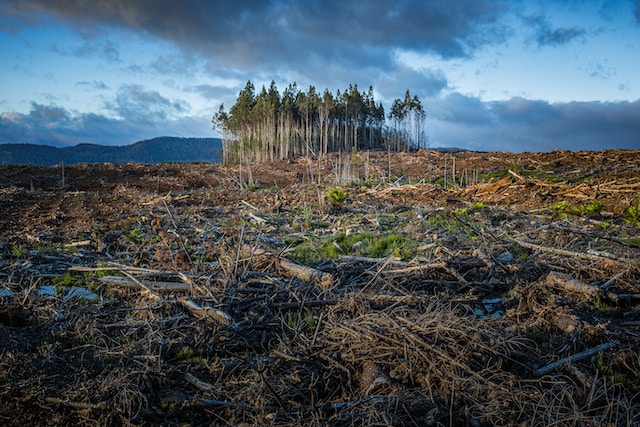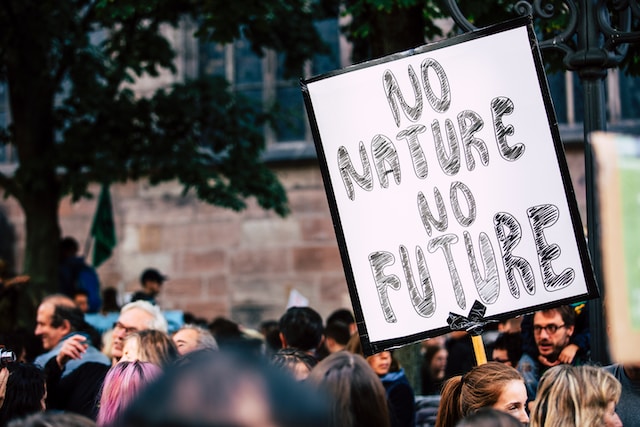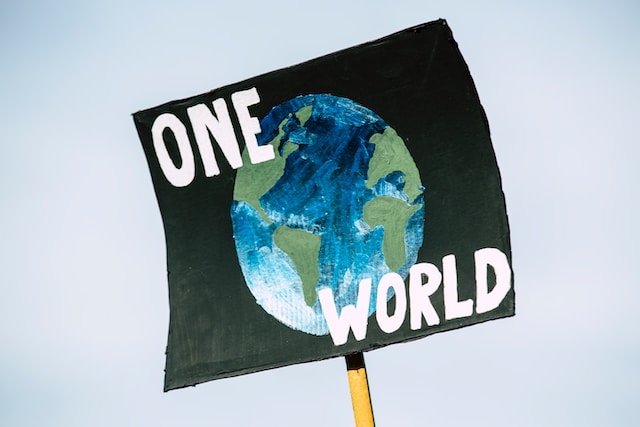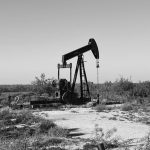A new commitment to reduce fossil fuel use to tackle climate change was agreed at the COP28 summit in Dubai.
The deal emphasises the importance of reaching “net zero” by 2050 to avoid the worst consequences of global warming.

What does ‘net zero’ mean?
Net zero means not adding more greenhouse gases to the air. These gases, like carbon dioxide (CO2) and methane, come from burning things like oil, gas, and coal, as well as from farming and landfills. Greenhouse gases trap extra heat in the Earth’s atmosphere, making the planet warmer.
Due to widespread deforestation, there are fewer trees to absorb CO2. In 2015, almost 200 countries, including the UK, agreed to limit the rise in global temperatures to 1.5 degrees Celsius by 2100 under the Paris climate agreement.

To make this happen, CO2 emissions must drop by almost half by 2030 and reach net zero by 2050, according to the United Nations’ climate group, the IPCC. However, emissions are still very high.
Would net zero mean a complete end to greenhouse gas emissions?
Not all emissions can be reduced to zero, so those that remain need to be matched by actively removing greenhouse gases from the atmosphere.
Natural removal methods include planting trees and restoring pe
There are also human-made machines – at very early stages – which are capable of removing CO2 directly out of the air.
Carbon capture is a related technology, where CO2 produced in power stations or other industrial processes is captured before it is released into the atmosphere, and stored underground.
While these technologies could be important in future, they are expensive, and can currently only cancel out a very small fraction of greenhouse gas emissions produced.
They are not a substitute for making drastic cuts to fossil fuel use, the International Energy Agency warns.

Promises
Around 145 countries have either adopted or are thinking about adopting net zero targets, and these targets cover roughly 90% of global emissions. However, not all of them have set a specific deadline for achieving net zero.
China, currently the largest global producer of CO2, aims for “carbon neutrality” by 2060. While its plans to reduce emissions are not fully detailed, China’s renewable energy sector has been expanding rapidly.
The United States, historically the top carbon emitter, still emits more per person than China. The U.S. has committed to achieving net zero by 2050. In August 2022, it introduced a significant green investment package known as the Inflation Reduction Act, with the goal of promoting renewables and other clean technologies.
The European Union, ranking as the third-largest emitter of CO2, also has a 2050 net zero target. In March 2023, it unveiled its own green investment package called the Net Zero Industry Act.
Russia and India are also notable emitters. They have pledged to reach net zero by 2060 and 2070, respectively, although they have provided limited details about the policies supporting these commitments.
What is the problem with net zero targets?
There’s controversy about how some countries might try to reach net zero.
For instance, a country might record lower emissions if it imports energy-intensive goods from overseas, rather than producing the goods itself.
But in reality, it wouldn’t have reduced the total amount of greenhouse gases going into the atmosphere.
There are also schemes that enable rich countries to offset their emissions by paying poorer countries to switch to cleaner fuels.
But some climate scientists worry this could let wealthier nations avoid reducing their fossil fuel usage, by taking advantage of a switch to cleaner fuels in poorer countries which may have happened anyway.
Individuals can contribute to achieving net zero
even though the most impactful changes must come from governments. Here are some ways people can play their part:
- Opting for fewer flights
- Cutting down on energy consumption
- Enhancing home insulation and energy efficiency
- Transitioning to electric vehicles
- Substituting gas central heating with electric systems like heat pumps
- Reducing the consumption of red meat
- News Analysis: NCISM’s New 75% Attendance Rule for BAMS CoursesThe National Council for Indian System of Medicine (NCISM) has recently implemented a new rule mandating a minimum of 75% attendance for students enrolled in Bachelor of Ayurvedic Medicine and Surgery (BAMS)… Read more: News Analysis: NCISM’s New 75% Attendance Rule for BAMS Courses
- PM Modi inaugurates Sudarshan Setu, India’s longest cable-stayed bridgePrime Minister Narendra Modi on Sunday inaugurated the Sudarshan Setu, a four-lane cable-stayed bridge connecting Okha to Beyt Dwarka island in Gujarat. According to an official statement from the Devbhumi Dwarka administration,… Read more: PM Modi inaugurates Sudarshan Setu, India’s longest cable-stayed bridge
- Narendra Modi said – “For the sake of development, not just enjoying power, a third term is needed. He told the workers – ‘Save the country from the Congress.’”#election2024 On Sunday, Prime Minister Narendra Modi appealed to the workers of the Bharatiya Janata Party (BJP) at the party’s national convention in Delhi to work diligently for the next 100 days… Read more: Narendra Modi said – “For the sake of development, not just enjoying power, a third term is needed. He told the workers – ‘Save the country from the Congress.'”
- 17 – feb – 2024 Insight Prime – adct newswatch today’s insight prime on YouTube 🌐 Explore a world of diverse stories in our latest video! Join us as we delve into the untimely demise of Russian opposition leader Alexey Navalny,… Read more: 17 – feb – 2024 Insight Prime – adct news
- Timeline – Alexei Navalny 1976 – 2024 – adct newsAlexei Navalny, a prominent Russian opposition leader and anti-corruption activist, has had a significant impact on Russian politics over the years. Here’s a brief timeline highlighting some key events in his life… Read more: Timeline – Alexei Navalny 1976 – 2024 – adct news
- Russian opposition politician Alexei Navalny dead, says prison serviceRussian President Vladimir Putin has been informed of Navalny’s death, according to Kremlin spokesman, Dmitry Peskov. Peskov also said on Friday that Russia’s penitentiary service was making “all checks” regarding Navalny’s death… Read more: Russian opposition politician Alexei Navalny dead, says prison service
- Oil in Middle East timeline – ADCT WORLD NEWSThe history of oil in the Middle East is a fascinating narrative of geopolitics, economic transformations, and global influence. Spanning over a century, this story begins in the late 19th century and… Read more: Oil in Middle East timeline – ADCT WORLD NEWS
- North Korea Historical Timeline – ADCT WORLD NEWSThe history of North Korea is complex and deeply rooted in the political and ideological landscape of the Korean Peninsula. From its ancient beginnings to the present day, North Korea has undergone… Read more: North Korea Historical Timeline – ADCT WORLD NEWS
- Lakshadweep Ready to Handle Tourism? – ADCT WORLD NEWSEarlier this month, Prime Minister Narendra Modi visited the Lakshadweep islands in the Arabian Sea, which caused a disagreement with the Maldives and sparked increased interest in tourism on the islands. This… Read more: Lakshadweep Ready to Handle Tourism? – ADCT WORLD NEWS
- What does achieving net zero mean, and how are the nations progressing in this endeavor – ADCT WORLD NEWSA new commitment to reduce fossil fuel use to tackle climate change was agreed at the COP28 summit in Dubai. The deal emphasises the importance of reaching “net zero” by 2050 to… Read more: What does achieving net zero mean, and how are the nations progressing in this endeavor – ADCT WORLD NEWS








